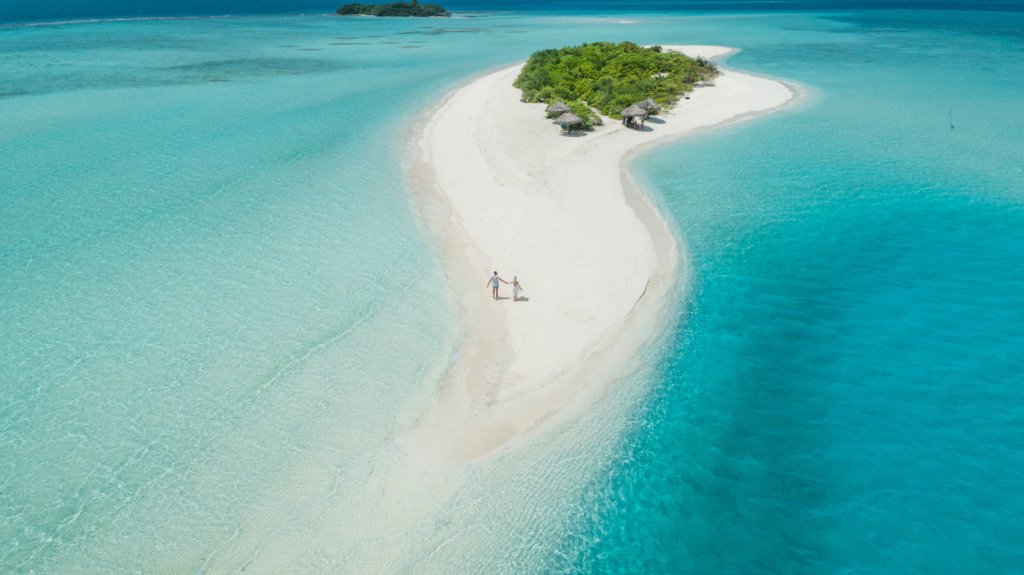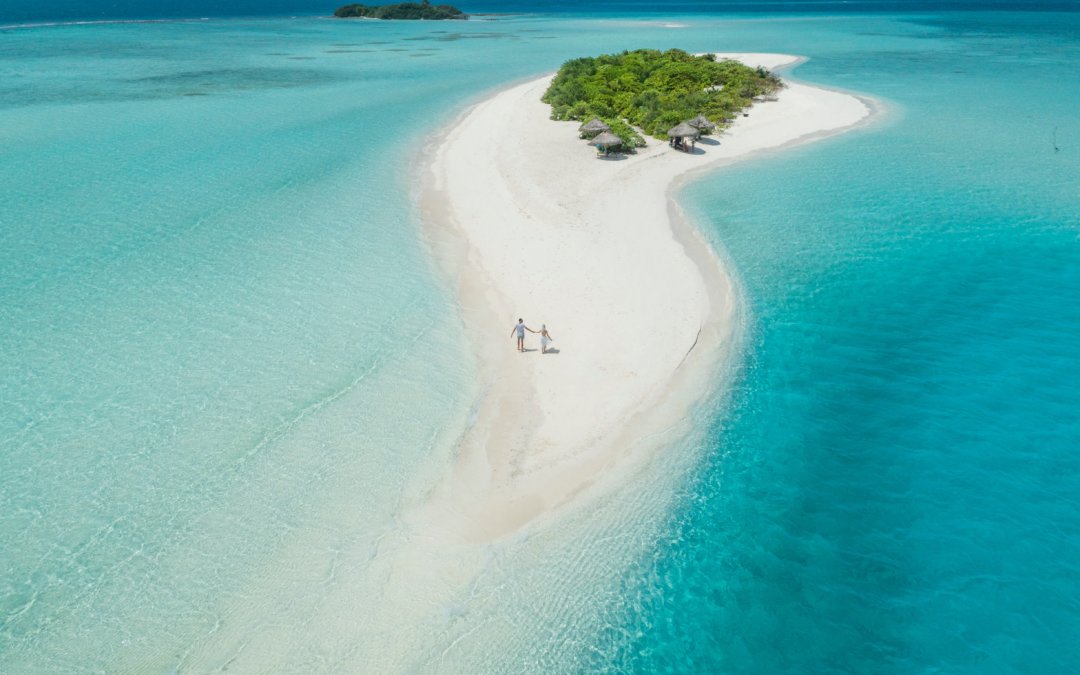
Spanning nearly eight decades, Desert Island Discs has been called the greatest radio show of all time. We can’t think of many people who would disagree, but with such an extensive back catalogue (over 3,000 episodes have been aired since Roy Plomley’s inaugural conversation with ‘30s music hall star Vic Oliver in 1942) where on earth do you start? Whether it’s Roald Dahl or David Beckham, there are plenty of famous names to take the challenge.
It’s hard to know which famous face (or in this case, voice) to start with when there’s so much content available, especially when the Desert Island Discs format gives way to so much joy, pathos, nostalgia, sadness and hope, with musings and music stretching out to reach us across the decades.
Get a FREE Brochure
Simply complete our form to see a full range of bathing solutions & their key features. It takes no time at all!
Called “genius” more than once, the premise sees celebrities and public figures select the eight discs, book and luxury item that they’d take with them to a desert island. Listening is an exercise in meditative quiet, thoughtfulness and peace. So get ready to switch off, sit back, and delve into our recent history with these classic episodes…
Maya Angelou (1987)
How does a traumatised child go from being mute to becoming one of the greatest poets of the 20th Century? This is the question that Michael Parkinson delved into when he interviewed Maya Angelou in 1987. A childhood spent in Arkansas during the Great Depression gave way to a life filled with words and poetry, via the influence of one very special neighbour. Truly one of the most moving episodes of all time, with some cracking song choices (including Roberta Flack and Stevie Wonder) to boot.
Louis Armstrong (1968)
Lost for almost half a century, Roy Plomley’s conversation with king of jazz Louis Armstrong was rediscovered in 2016. Armstrong’s honeyed voice revealed reservations about his island life (“I’m a city boy”), before taking us on a journey to old Harlem and New Orleans via Blueberry Hill, Mack the Knife and Bye Bye Blues. Yes, he overwhelmingly chose his own music – but we think he’d earned it. Armstrong died three years after the episode was recorded.
Alfred Wainwright (1988)
The faithful companion of walkers in the Lake District for decades, the guides written by Lancashire-born Alfred Wainwright have long been a staple of the great British hiking tradition. Sue Lawley interviewed him in 1988, three years before his death, and covered issues including ageing, the loss of his eyesight, being forced to stop fell-walking, and how his anti-social nature and love of silence meant that he’d probably do fairly well on the desert island. As long as there was a chip shop there, of course. Your wish is granted, Mr Wainwright.
George Michael (2007)
George Michael’s episode was always going to be an important one, especially as it came in the era of journalistic questioning that had been quietly introduced by Sue Lawley and embraced by Kirsty Young. Here, the beloved musical icon opens up about the Aids epidemic and the personal losses that came as a result of it, his sexuality and recently completed community service, and chooses an Amy Winehouse track as the one that he’d save from the waves. “The truth,” he says, “is nothing like as important as a good story.” George Michael has more than a few of them.
Natalie Wood (1980)
Tragic actress Natalie Wood’s conversation with Roy Plomley begins with the frank admission that, as a child, she was terrified of being alone. By 1980, with a husband and children, being alone was something that she rarely achieved. Through Schubert, Beethoven and Bob Dylan, we’re taken on a journey from Natalia Nikolaevna Zakharenko to Miracle on 34th Street, Orson Welles, and the Warner Bros lot. Wood would die in mysterious circumstances off Catalina Island, California, during Thanksgiving of 1981.
Marlene Dietrich (1965)
Further back in time again now, when the question was “which eight gramophone records” would be selected. Recorded backstage in the West End, Berlin-bord icon Marlene Dietrich is firm in her assertion that she would be scared of nothing on her desert island. Her German-accented voice cuts a swathe from post-war Britain to now, illustrated by Beethoven and her good friend Burt Bacharach. In the opening minutes, she tells us that her aim in life was simply to be a useful human being. Later, her lack of guilt in not returning to perform in Germany during the war is firmly made clear. A real slice of history.







